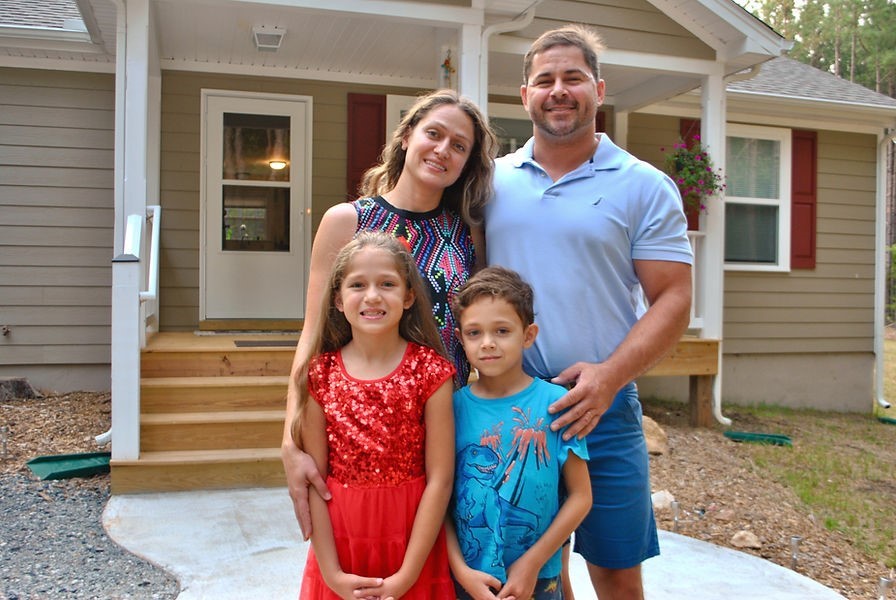
The Fluvanna Louisa Housing Foundation (FLHF), like many other partners in the Central Virginia Regional Housing Partnership (CVRHP), faces significant challenges in getting qualifying buyers into affordable homes. In a recent discussion with Executive Director Kim Hyland, she shared insights into FLHF’s current strategies and the hurdles they encounter in their mission to provide affordable housing solutions.
One of the primary difficulties highlighted by the Foundation is the fluctuating life situations of qualifying participants. Despite receiving numerous applications, potential buyers often face unexpected life events, such as divorce, which can disrupt their path to homeownership. This unpredictability underscores the need for robust support systems and strategies to assist applicants through the entire process.
A key aspect of the Foundation’s approach involves collaboration with organizations like the Louisa County Chamber of Commerce and residential financing partners like Ken Mextorf of United Mortgage, to identify prospective homebuyers. They also leverage regional partnerships, such as the Piedmont Housing Alliance (PHA), to connect their potential buyers with PHA’s HUD certified housing counselors to access down payment assistance and SPARC funds (provided through Virginia Housing), which help buyers with sourcing the funds for down payment and achieving a lower interest rate.
However, the challenge lies in providing personalized attention and guidance to individuals who require assistance in repairing credit and navigating loan qualifications. Limited resources and time constraints exacerbate this issue, hindering the Foundation’s ability to offer comprehensive support to all applicants.
Several needs and insights emerge from the Foundation’s experiences:
Key Insights
- Identification of Potential Buyers: There is a need for dedicated staff to conduct outreach within the community, identifying potential candidates and guiding them to relevant programs for homebuying preparation.
- Guidance and Motivation: Individuals and families require ongoing support and encouragement throughout the homeownership preparation process. Staff members should be available to direct them through each step, addressing concerns and keeping them motivated.
- Financial Education: Basic financial literacy programs are essential to equip prospective buyers with the necessary knowledge to manage their finances responsibly. These programs should cover topics such as budgeting, credit building and saving habits.
- Plan for Longer Qualification Process: Income-eligible applicants often require additional time and education to prepare for homeownership. Providing resources and assistance tailored to their needs can significantly improve their chances of success.
One promising opportunity identified by the Foundation is the concept of facilitating a transition from renting to homeownership for eligible tenants. By allowing renters to purchase the units they currently occupy, the Foundation believes that the likelihood of successful homeownership increases. This approach entails regular check-ins with renters to monitor their progress and establish achievable goals, such as credit repair or debt reduction.
Moreover, the Foundation suggests exploring alternative strategies, such as pre-identifying potential buyers before construction begins or offering rental units with the intention of transitioning renters to homeownership after a specified period. These innovative approaches aim to streamline the process and reduce the barriers to accessing affordable homeownership.
Figure 1. While total homeownership has increased in both counties between 2019 – 2022, homeownership for low-income households (under $50K) has decreased by an estimated 3.5% in Fluvanna (~ 165 households) and 8.5% in Louisa County (~ 816 households).
The Fluvanna Louisa Housing Foundation, like many of our regional partners, encounters multifaceted challenges in its mission to provide affordable housing solutions. However, by addressing these challenges head-on and leveraging collaborative partnerships and grounded strategies, the Foundation remains committed to empowering individuals and families in Central Virginia to achieve the dream of homeownership.

